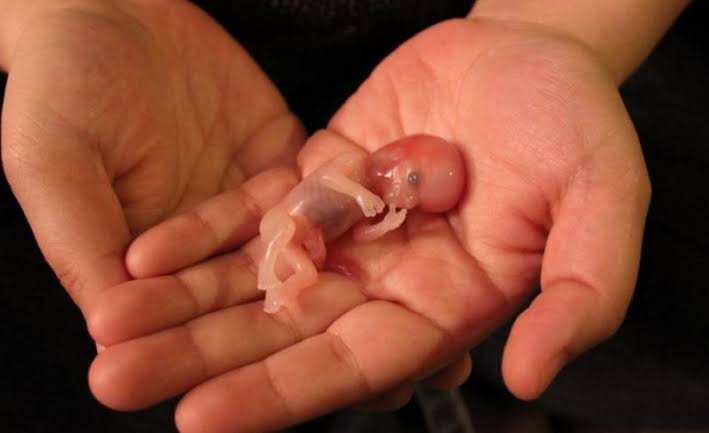A miscarriage, also known as a spontaneous abortion, occurs when a fetus is lost before the 20th week of pregnancy. It usually occurs during the first trimester of a pregnancy or the first three months.
Miscarriages can occur for a variety of medical reasons, many of which are beyond the control of the woman.
Causes of miscarriage.
While several factors enhance your chances of miscarriage, it’s usually not due to something you did or didn’t do. If you’re having trouble keeping a pregnancy going, your doctor may do certain tests to rule out some common causes of miscarriage.
Your body provides hormones and nourishment to your developing fetus during pregnancy. This promotes the development of your fetus. The majority of first-trimester miscarriages occur when the fetus does not develop appropriately. This can be caused by a variety of circumstances.
1. Chromosome or genetic problems.
Genes are stored on chromosomes. One pair of chromosomes is contributed by the mother and the other by the father in a developing fetus. The following are some examples of chromosomal abnormalities:
a. Intrauterine fetal demise: The embryo forms but does not develop before you notice or feel pregnancy loss symptoms.
b. No embryo forms in a blighted ovum.
c. Molar pregnancy: Both sets of chromosomes are inherited from the father, and the fetus does not develop.
d. Partial molar pregnancy: The mother’s chromosomes are still present, but the father has contributed two additional sets of chromosomes.
Other conditions that can interfere with fetus development include:
2. Poor diet, or malnutrition.
3. Drug and alcohol use.
4. Untreated thyroid disease.
5. Infections.
6. Obesity.
7. Problems with the cervix.
8. Some certain medications.
Before taking any drugs, consult your doctor to ensure that they are safe to take during pregnant.
7 Ways Women can prevent miscarriage.
Miscarriages aren’t always avoidable. You may, however, take efforts to ensure a safe pregnancy. Here are a couple of suggestions:
1. Get prenatal care regularly throughout your pregnancy.
2. When you’re pregnant, stay away from alcohol, drugs, and smoking.
3. Stay in a healthy weight range before and during your pregnancy.
4. Stay away from infections. Stay away from those who are already sick and wash your hands properly.
5. Limit your daily caffeine intake.
6. Take prenatal vitamins to ensure that you and your developing fetus receive adequate nutrition.
7. Consume a nutritious, well-balanced diet rich in fruits and vegetables.

 Football2 days ago
Football2 days ago
 Business1 week ago
Business1 week ago
 Business1 week ago
Business1 week ago
 Education1 week ago
Education1 week ago
 Crime1 week ago
Crime1 week ago
 Covid-191 week ago
Covid-191 week ago
 Latest6 days ago
Latest6 days ago
 Business1 week ago
Business1 week ago

